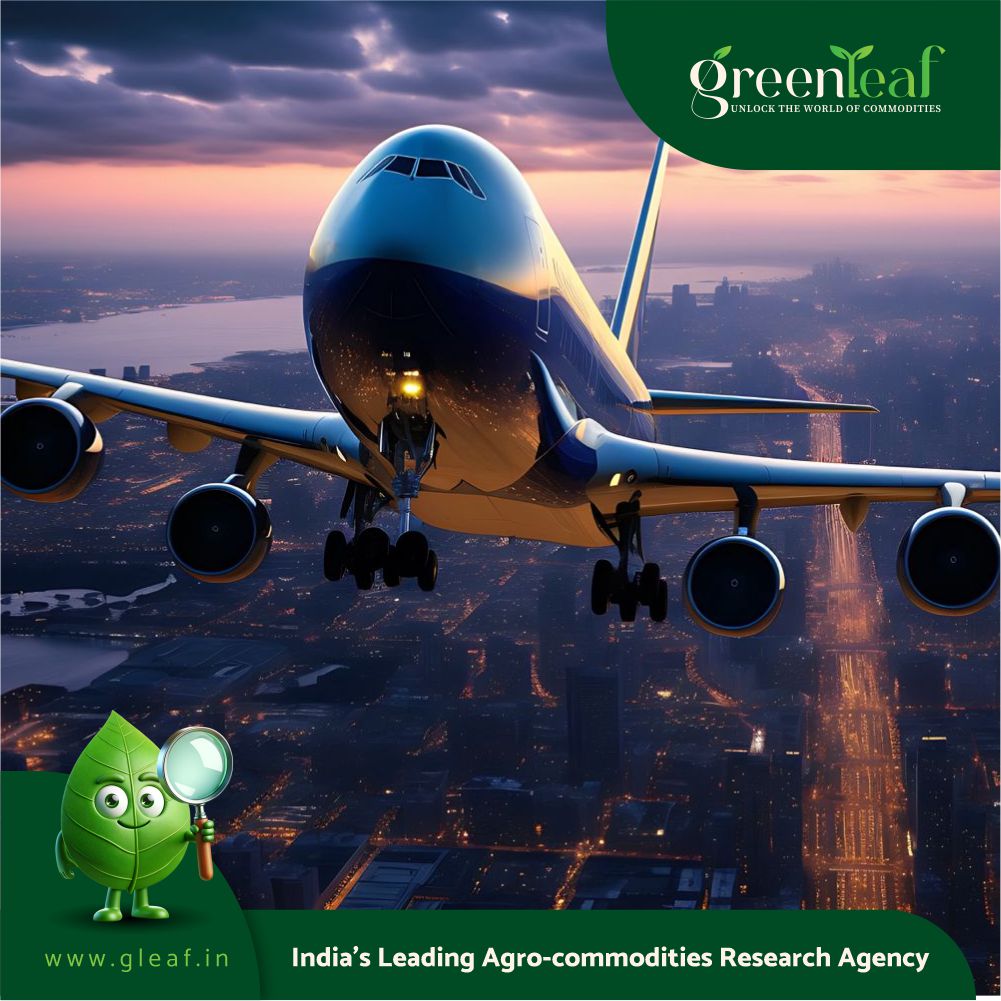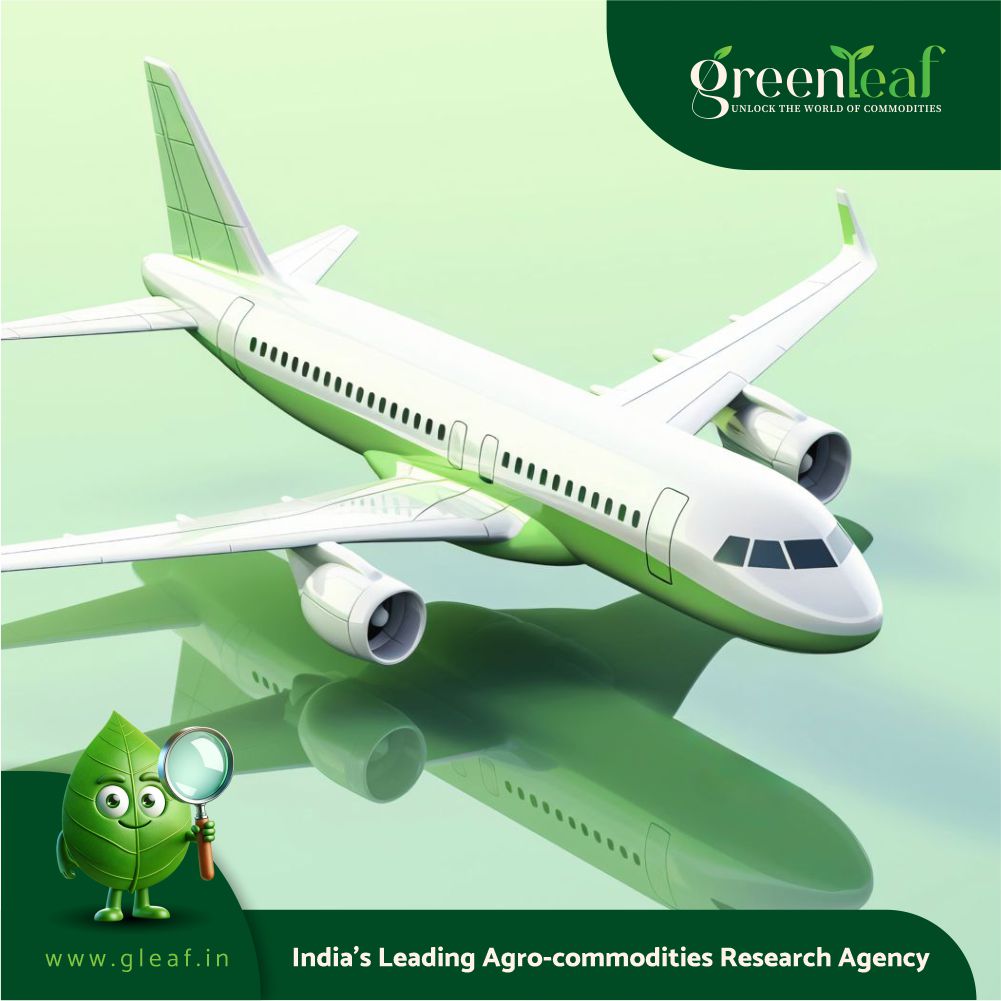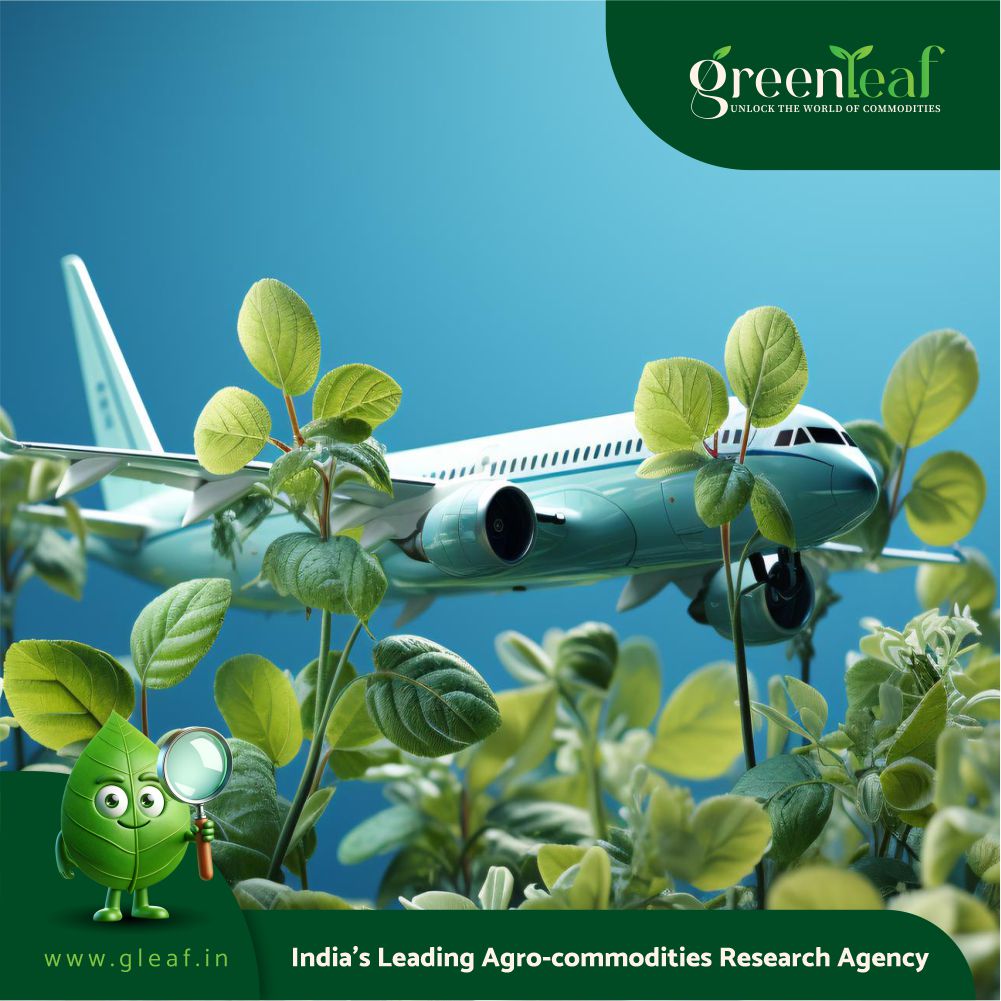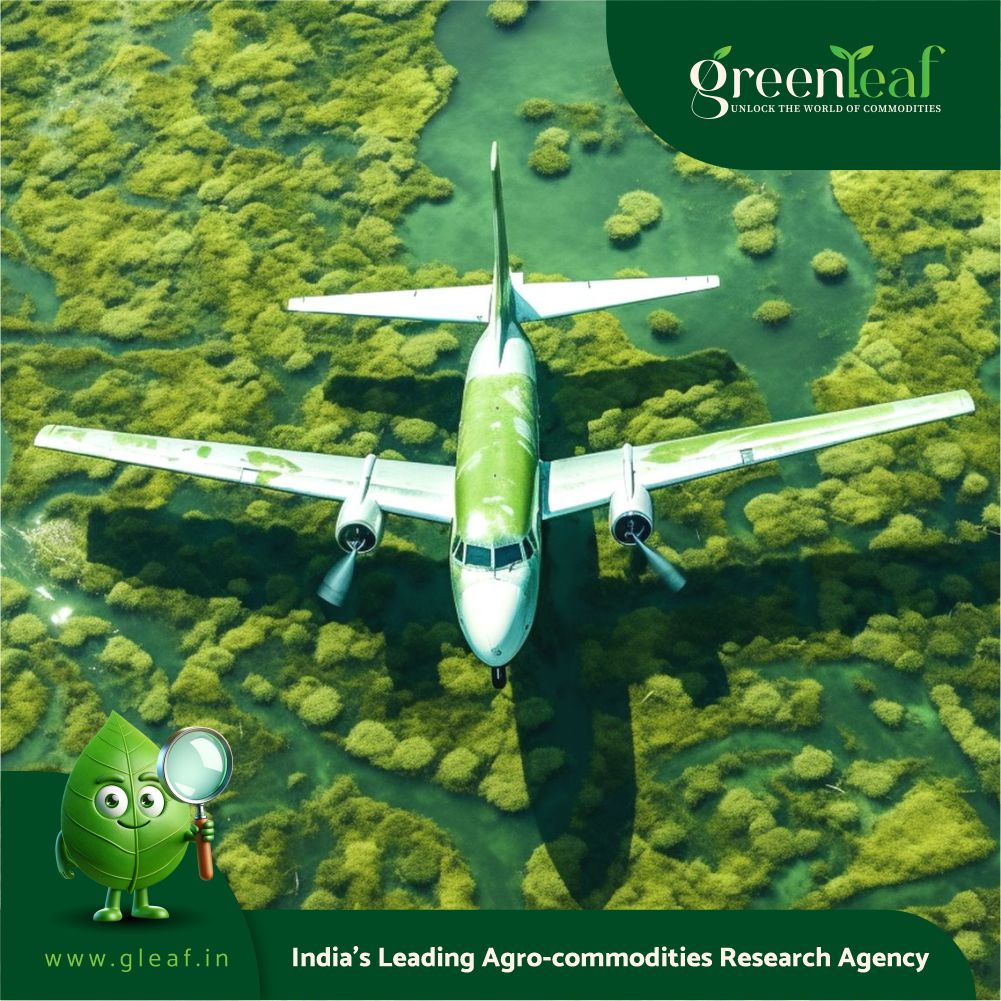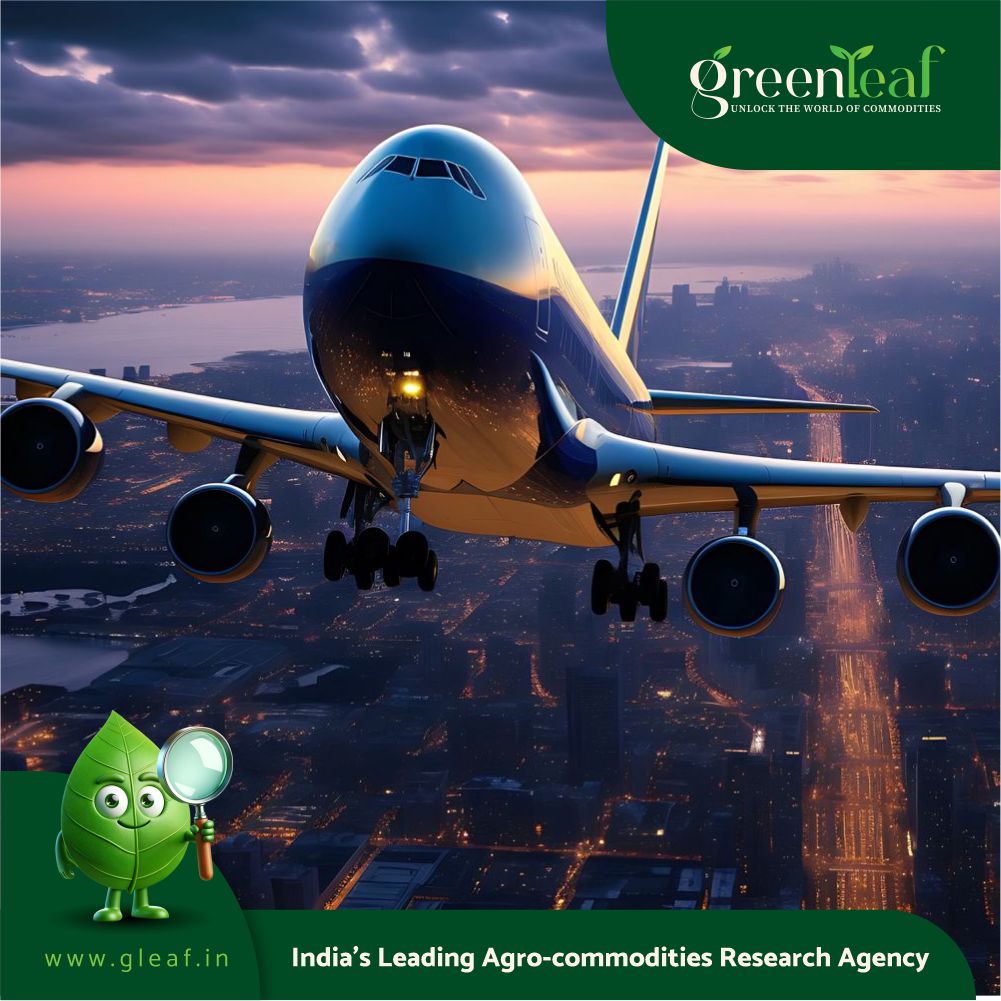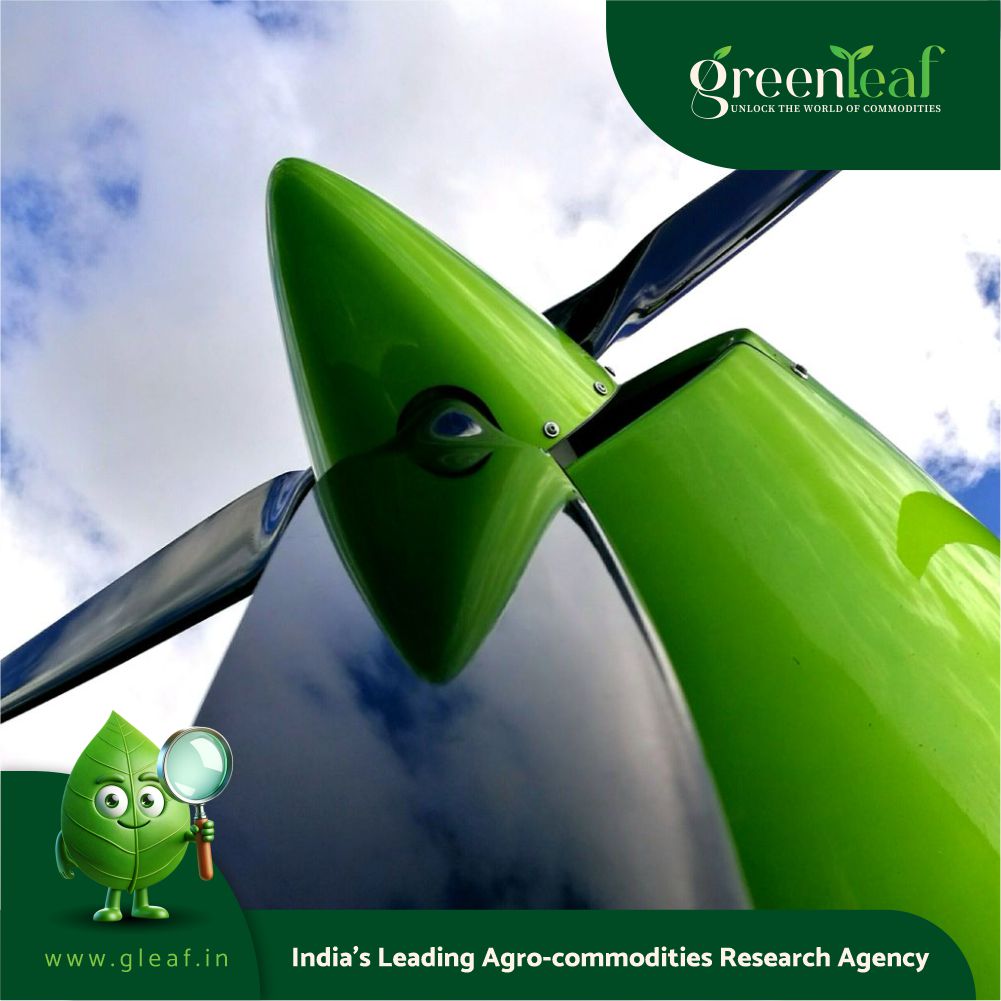The government is likely to come up with mandates for blending of sustainable aviation fuel (SAF) with aviation turbine fuel (ATF) for domestic flights only after the global mandates for international flights kick in from 2027, according to sources in the know.
The government has been working on a roadmap for introduction of SAF in domestic flights and there were indications earlier that some sort of a blending mandate or recommendation could take effect over the next couple of years. However, given the high cost of production of the biofuel and opposition from airlines over apprehensions of fuel cost escalation, the government is now looking at introducing any such mandate only from 2027 or beyond.
SAF is a biofuel that is produced from sustainable feedstocks and has chemistry similar to conventional ATF or jet fuel, which is derived from crude oil. This means that existing aircraft engines can easily use the SAF-ATF blend. For instance, Airbus claims that all its aircraft are capable of flying on a maximum 50 per cent blend of SAF and conventional fuel. Various Indian airlines have already operated successfully a few test and demonstration flights using jet fuel doped with SAF.
A committee on SAF constituted by the Ministry of Petroleum and Natural Gas (MoPNG) had submitted its recommendations to the government last year. According to people with direct knowledge of the matter, the panel had recommended an initial SAF blending mandate of 1 per cent from 2025, and scaling it up progressively over subsequent years. At the time, top officials at the Ministry of Civil Aviation (MoCA) as well as the MoPNG—the two key ministries dealing with SAF—had indicated that blending mandates could be rolled out as per these recommendations.
“SAF is extremely expensive with high technology and production costs. It is not produced at scale yet…we feel it will take a few years for the costs to come down as production increases globally and in India. The airlines are also not too keen to have a mandate for domestic flights, until costs stabilise and they have had some experience with SAF-blended ATF in international operations…So, 2027 or thereafter seems to be the better choice,” said a government official, who did not wish to be identified.
The year 2027 will be an important one for adoption of SAF globally with the mandatory phase of the International Civil Aviation Organization’s (ICAO) Carbon Offsetting and Reduction Scheme for International Aviation (CORSIA) kicking in. CORSIA, which applies to international flights, would require airlines globally to offset any growth in carbon dioxide emissions beyond the 2020 levels. Using jet fuel blended with SAF is one of the ways through which carriers can keep their emissions under permissible levels.
India, while not a participant in the voluntary phases of CORSIA, will have to comply with the mandatory phase starting 2027. In line with the CORSIA mandate, the National Biofuel Coordination Committee (NBCC) has set the initial indicative targets for blending of SAF with jet fuel 2027 onwards, starting with international flights. The indicative targets are: 1 per cent blending in 2027 and 2 per cent in 2028.
India is seen as a price-sensitive aviation market and fuel accounts for around 40 per cent of Indian airlines’ operational expenses. This makes the carriers particularly cautious and sensitive to any fuel-related cost escalation. It remains to be seen whether the government would roll out any support or incentives for airlines and SAF manufacturers to make the fuel affordable.
“High airfares is a touchy subject already and forcing airlines in the near future to use more expensive fuel could have a further inflationary impact for ticket prices. It is better to wait for some more time and carefully assess the actual cost escalation that blending of SAF with jet fuel would lead to,” said another government official.
The country’s largest refiner and fuel retailer Indian Oil Corporation (IOC) is collaborating with Praj Industries to set up an SAF production unit. IOC is also setting up an SAF unit at its Panipat refinery in collaboration with sustainable fuels technology company LanzaJet. Both these units will be based on the alcohol-to-jet fuel (ATJ) pathway, which is one of the various pathways available to produce the sustainable fuel. Oil and Natural Gas Corporation’s subsidiary Mangalore Refinery and Petrochemicals also plans to build an SAF unit based on CSIR-Indian Institute of Petroleum’s technology that uses non-edible oils and used cooking oil as feedstock.

